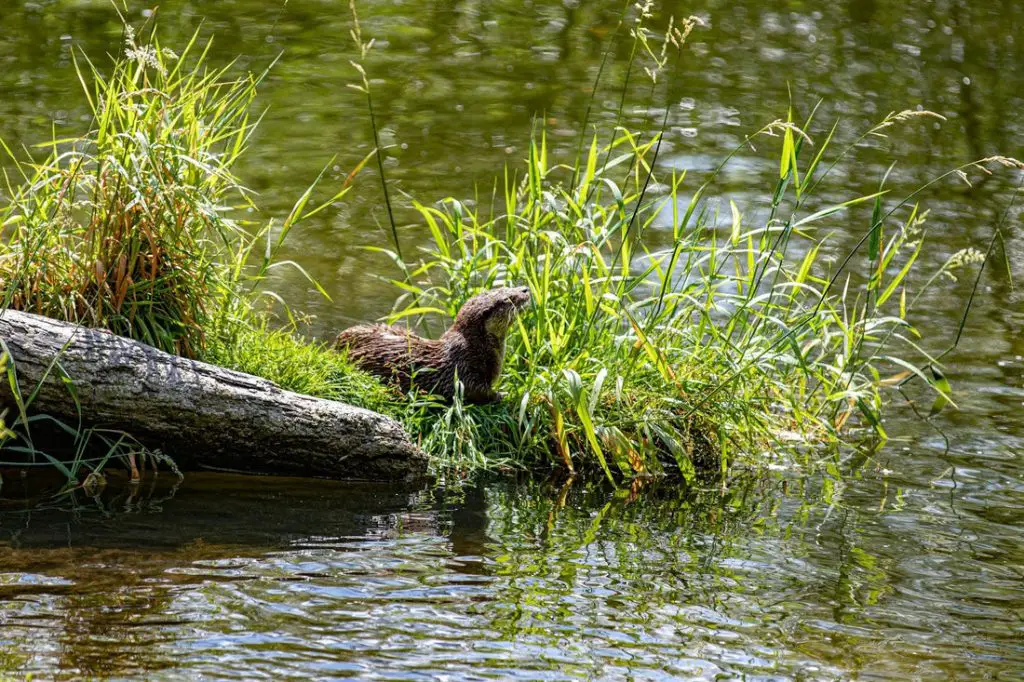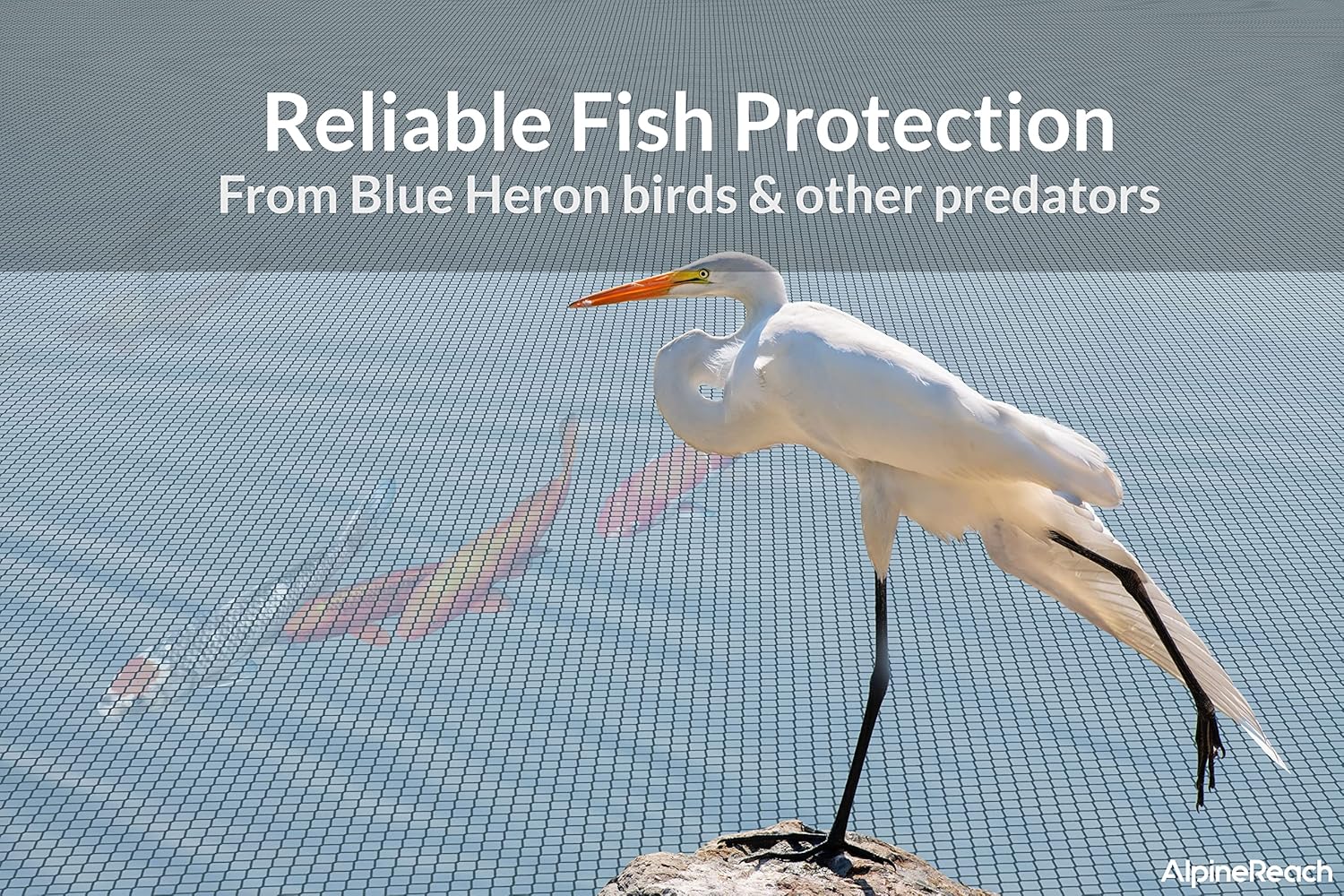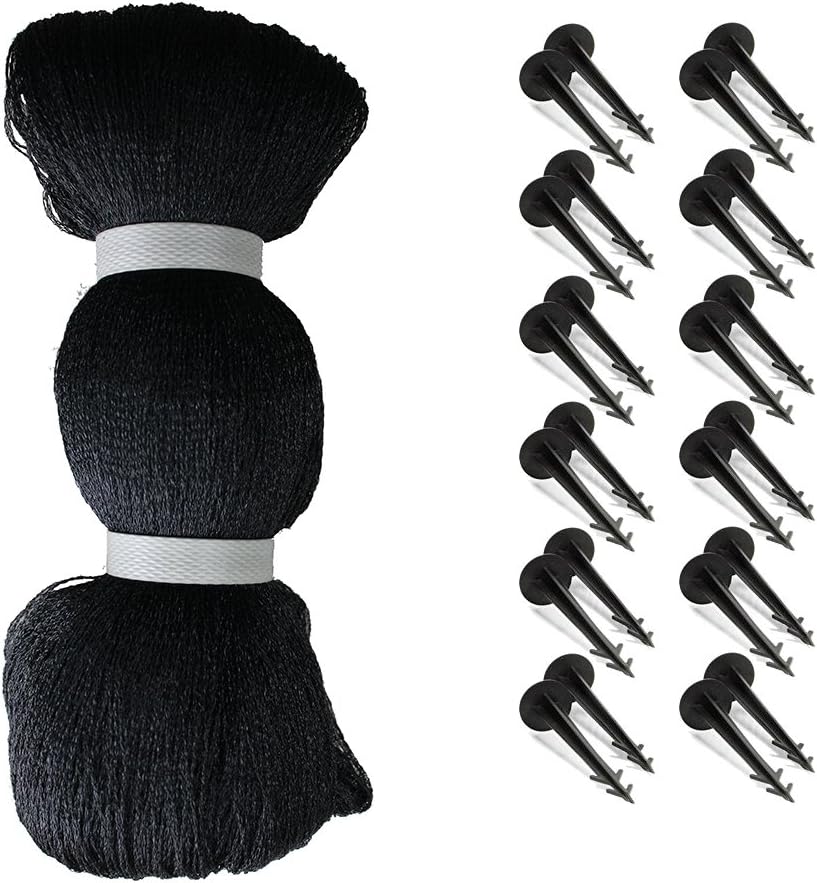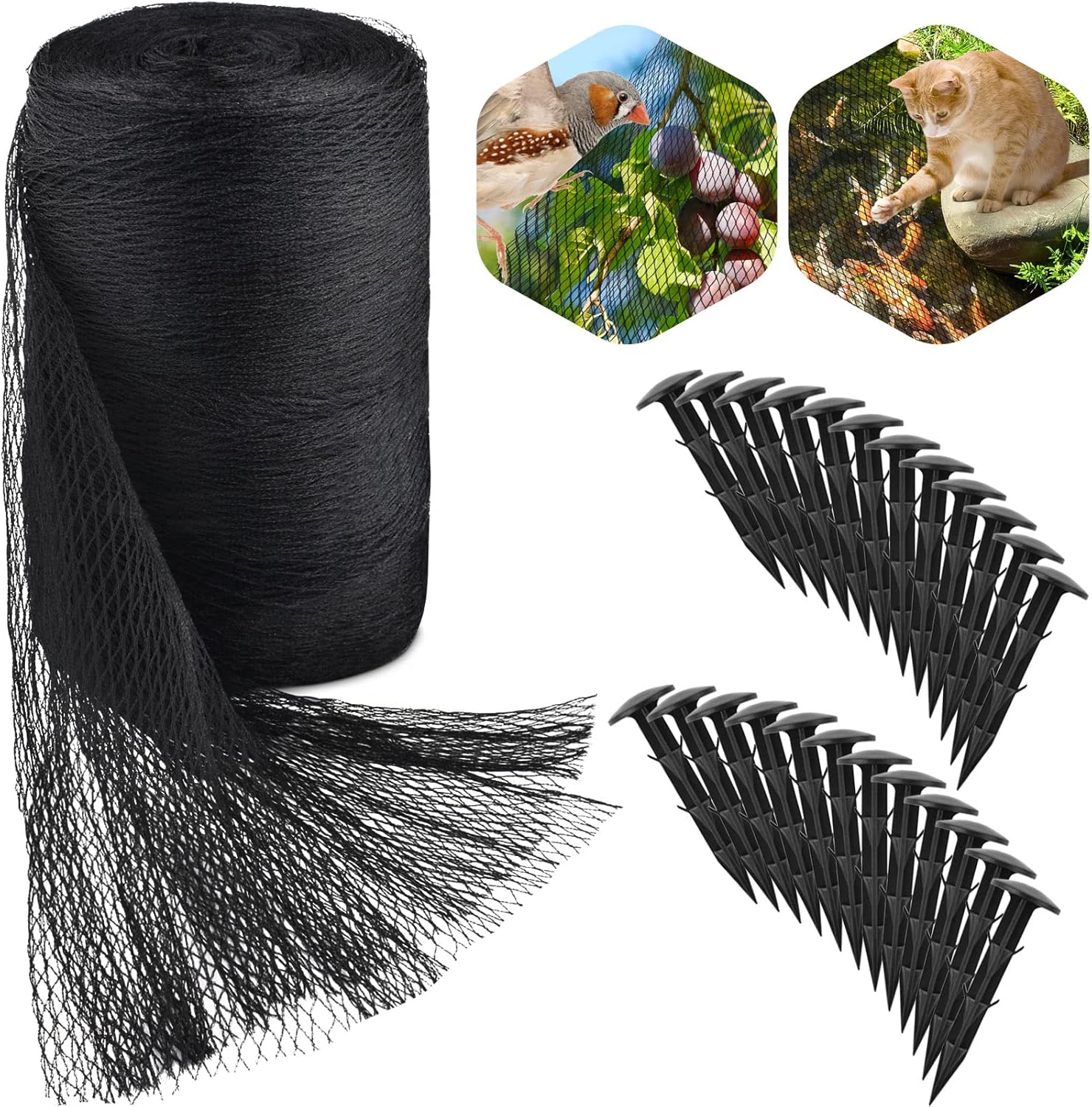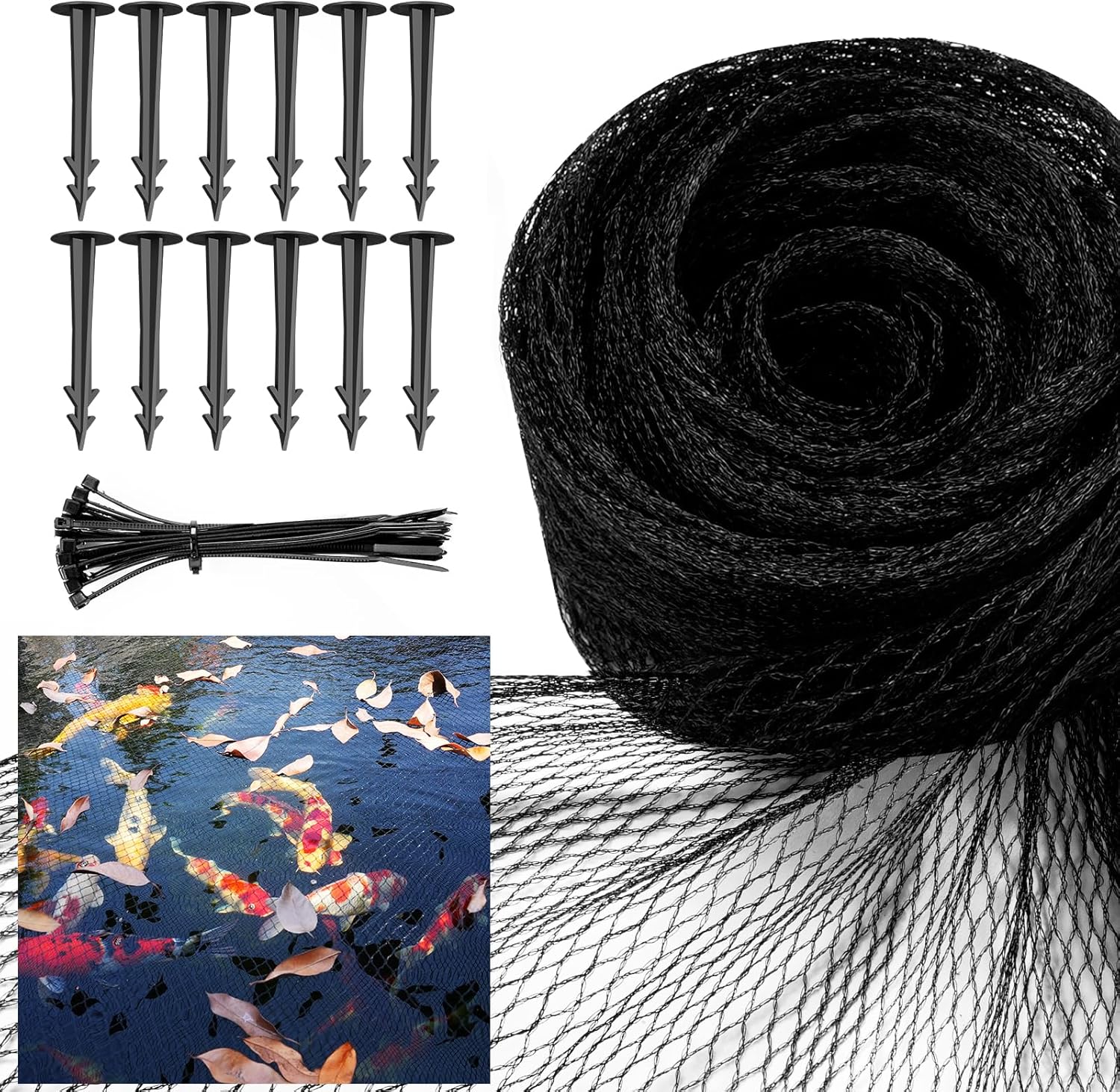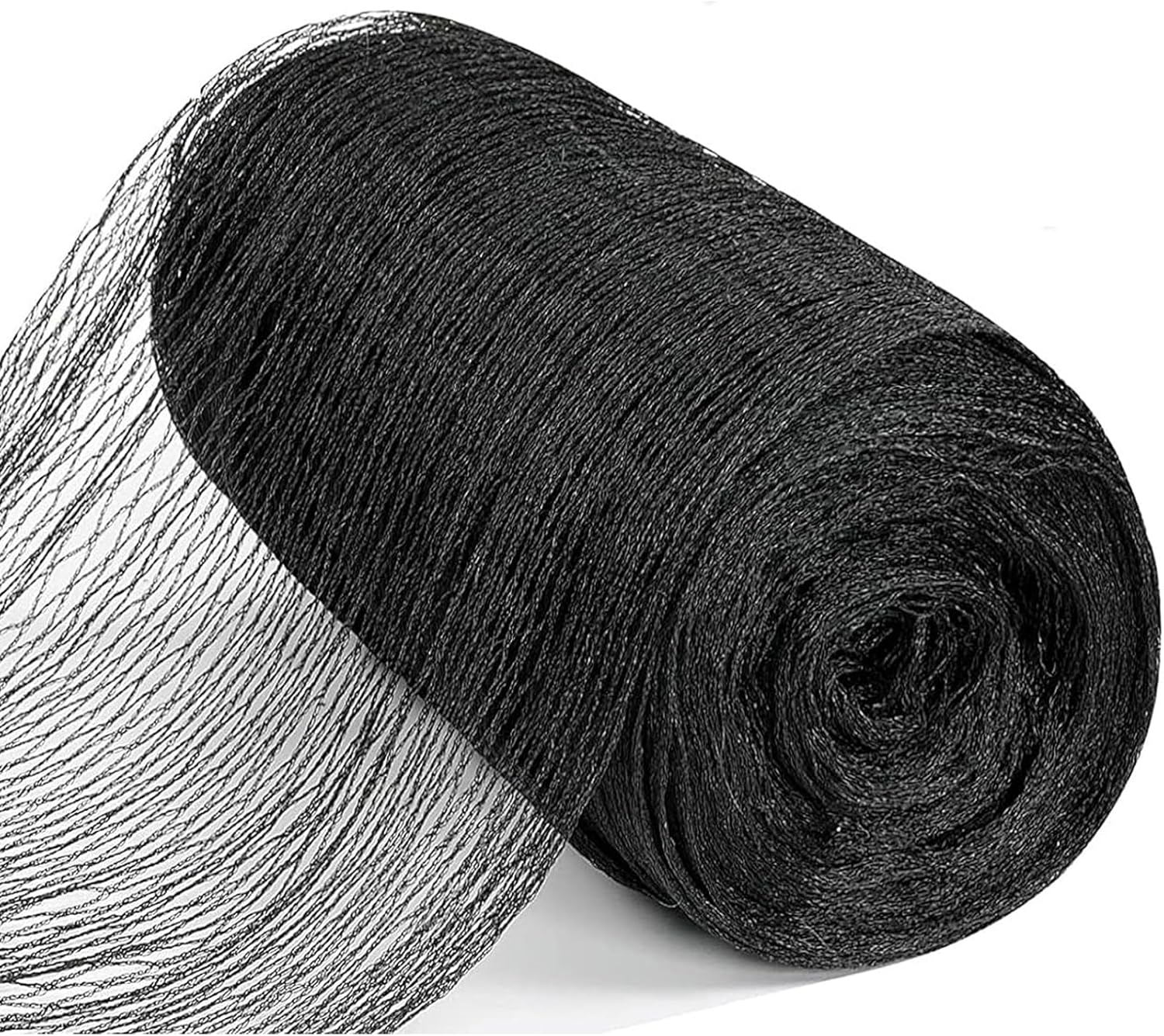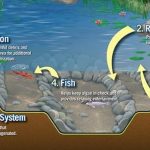Having a pond in your backyard or on your property can be a beautiful addition, providing a serene and natural environment. However, if you have otters invading your pond, it can quickly turn into a nuisance. Otters can disrupt the ecosystem of your pond, causing damage to fish populations and vegetation. In this article, we will discuss some effective ways to get rid of otters in a pond.
5 best Pond Nettings for Protecting Fish Ponds From Otters, Herons, Raccoons, Birds, Cats & Predators
1. Identify Otter Activity
The first step in dealing with an otter problem is to identify the signs of otter activity in your pond. Look for tracks, droppings, and evidence of fish predation. Otters are known for their playful behavior, so you may also notice disturbances in the water and around the pond area.

Credit: www.wildlife-removal.com
2. Install Fencing
One of the most effective ways to deter otters from entering your pond is to install fencing around the perimeter. Otters are excellent swimmers and can easily access ponds, but a well-constructed fence can prevent them from gaining access. Make sure the fence extends both above and below ground to prevent otters from digging under or climbing over.
3. Use Natural Repellents
There are several natural repellents that can help deter otters from your pond. One common method is to use coyote or wolf urine, as otters are naturally afraid of these predators. You can also try planting certain types of vegetation around the pond that otters find unappealing.
4. Motion-Activated Devices
Another effective way to keep otters away from your pond is to use motion-activated devices. These devices emit a high-frequency sound or spray water when they detect movement, scaring off otters and preventing them from entering the pond.
5. Remove Attractants
Otters are attracted to ponds that provide easy access to food sources such as fish. To discourage otters from visiting your pond, consider removing any fish or other potential food sources. You can also try installing fish shelters or hiding spots to provide protection for the fish.
6. Secure Trash and Food Sources
Ensure that any trash or food sources near the pond are securely stored in airtight containers. Otters are opportunistic feeders and will be attracted to any food left out in the open. By securing trash and food sources, you can reduce the likelihood of otters being drawn to your property.
7. Contact Wildlife Services
If you are facing a persistent otter problem and are unable to resolve it on your own, consider contacting wildlife services for assistance. They can provide professional advice and help implement strategies to safely and humanely remove otters from your pond.

Credit: www.wildlifeanimalcontrol.com
8. Legal Considerations
It is important to be aware of the legal considerations when dealing with otters in a pond. Otters are protected under wildlife conservation laws in many regions, so it is essential to consult with local authorities before taking any action to remove them. Always ensure that any methods used to deter otters are humane and in compliance with regulations.
Conclusion
Dealing with otters in a pond can be a challenging task, but with the right strategies and precautions, you can effectively deter them from causing damage to your pond ecosystem. By identifying otter activity, installing fencing, using natural repellents, and implementing motion-activated devices, you can protect your pond and maintain a harmonious environment for both wildlife and vegetation.
Remember to always consider the legal implications of dealing with otters and consult with wildlife services for professional guidance. With persistence and proper management, you can successfully get rid of otters in your pond and enjoy a peaceful and thriving aquatic habitat.


